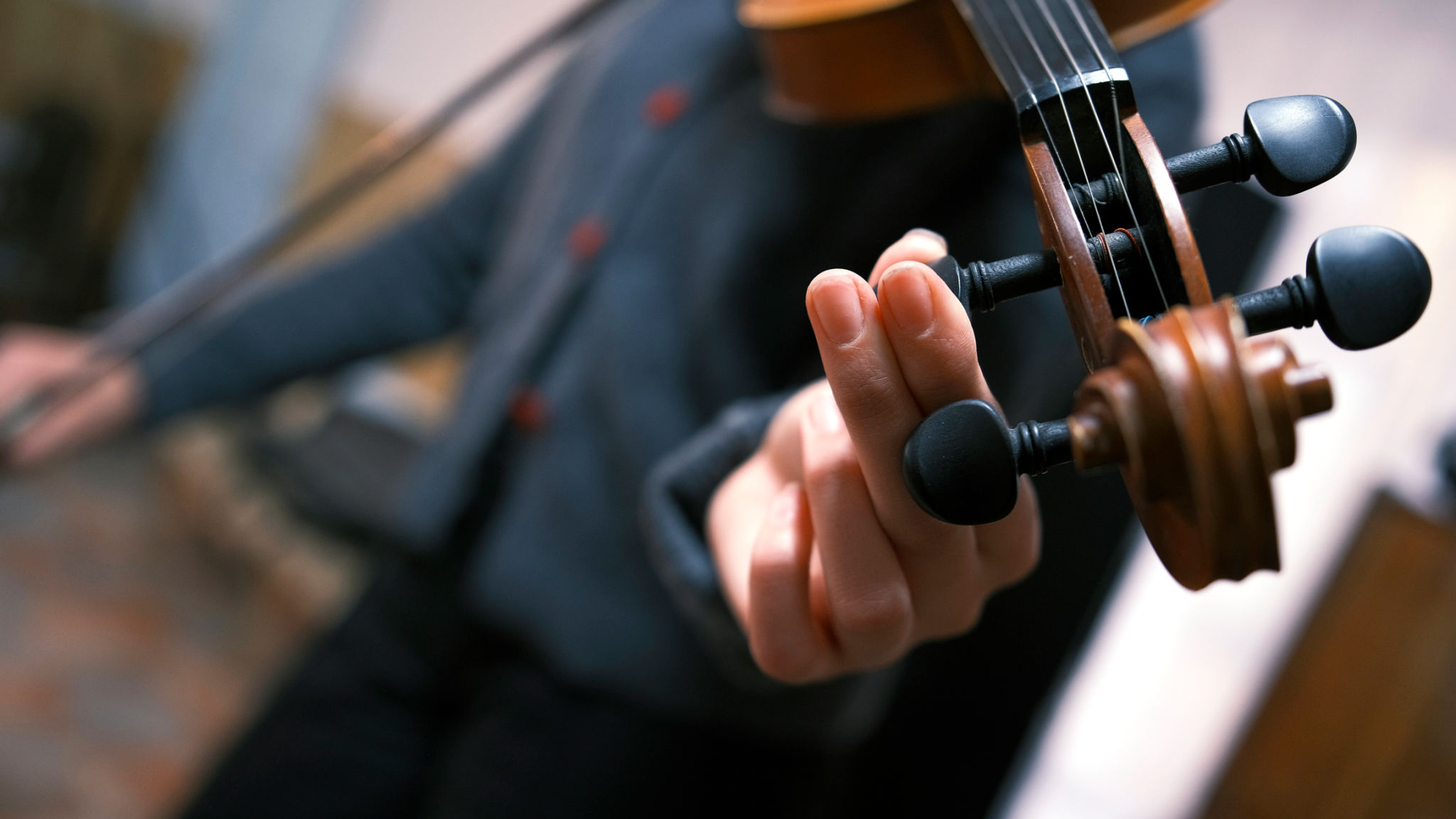How to Prepare Your Piano for Seasonal Changes in Washington
Understanding the Impact of Seasonal Changes
Washington's diverse climate, with its wet winters and dry summers, can pose unique challenges for piano owners. These seasonal fluctuations can affect your piano's tuning, sound quality, and structural integrity. Understanding these impacts is the first step in ensuring your piano remains in optimal condition throughout the year.
The primary concern during seasonal transitions is humidity. Pianos are sensitive to changes in humidity levels, which can cause the wood and felt components to expand or contract. This can lead to tuning issues and even structural damage if not properly managed.

Monitoring Humidity Levels
Maintaining a consistent humidity level is crucial for your piano's health. Ideally, the humidity in the room where your piano is located should be kept between 40-50%. To achieve this, consider using a hygrometer to regularly monitor the moisture levels in the room.
If you notice significant fluctuations, a humidifier or dehumidifier can help stabilize the environment. During Washington's wet winters, a dehumidifier can be particularly useful, while a humidifier might be necessary during the dry summer months.

The Role of Temperature
Temperature changes can also affect your piano. Extreme temperatures, whether too hot or too cold, can cause the materials within the piano to expand or contract, similar to humidity changes. It's essential to keep your piano away from direct heat sources like radiators and fireplaces, as well as cold drafts from windows and doors.
Regular Tuning and Maintenance
Regular tuning is vital to keep your piano sounding its best. Professional tuning should be done at least twice a year, ideally during stable weather periods. This helps adjust for any changes in tension that may have occurred due to seasonal shifts.
Additionally, regular maintenance checks by a professional technician can catch any potential issues early, preventing costly repairs down the line. They can assess the overall condition of the piano and make necessary adjustments to ensure everything is functioning correctly.

Positioning Your Piano
The placement of your piano within your home can significantly impact its longevity. Ideally, place your piano on an interior wall away from windows, doors, and direct sunlight. This placement helps protect it from temperature extremes and excessive humidity fluctuations.
Conclusion: Proactive Care for Longevity
By taking proactive steps to prepare your piano for Washington's seasonal changes, you can ensure it remains in excellent condition for years to come. Consistent monitoring of humidity and temperature, combined with regular professional care, will preserve both the sound quality and structural integrity of your cherished instrument.
Remember, your piano is not just an instrument; it's an investment. With careful attention and proper maintenance, it will continue to bring joy and music into your home regardless of the season.
